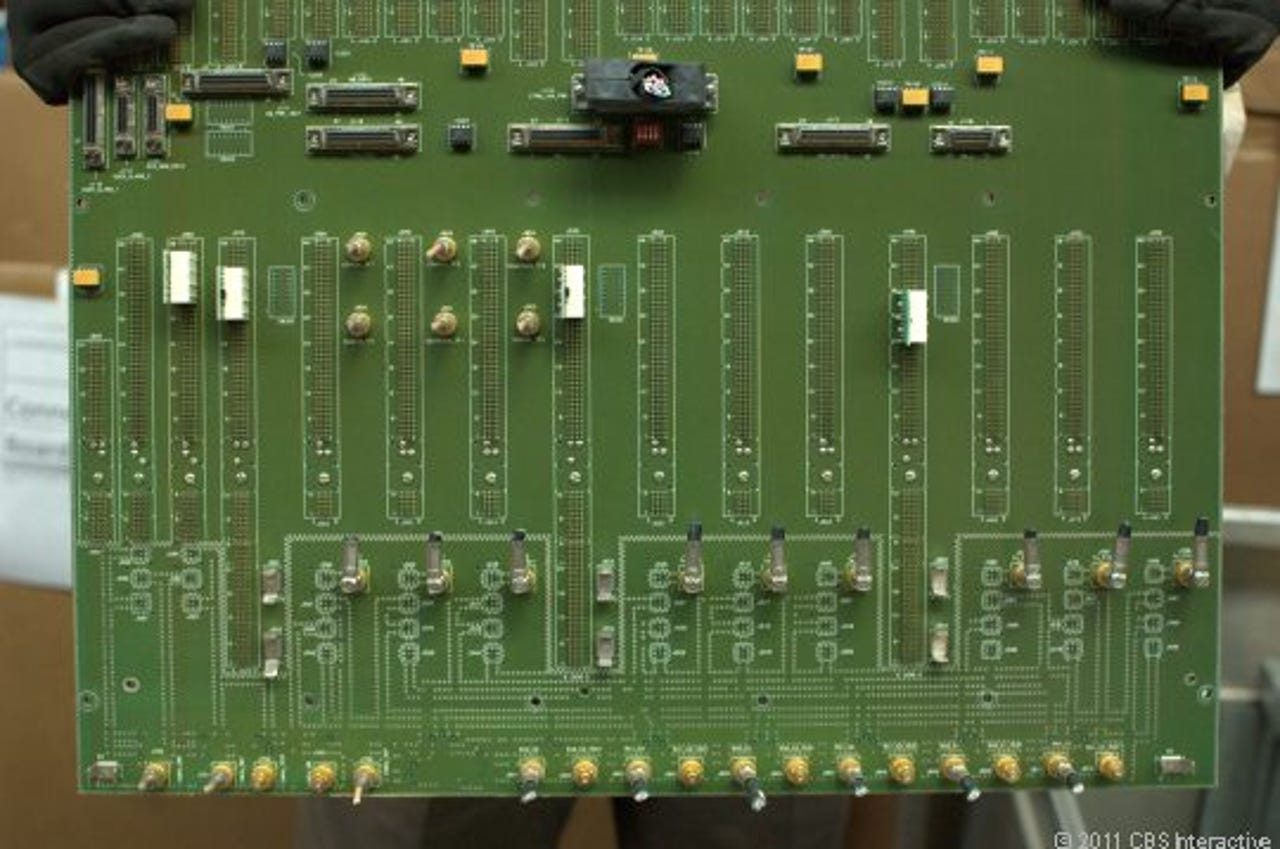One of the advantages of manually dealing with electronics rather than automatically shredding goods is to make sure that goods with hazardous materials don't get shredded and into the waste or recycling stream. For example, mercury or lead should be handled separately.
Metech recycles different types of batteries, but the metals that are recuperated might surprise you. For example, there isn't a commercial-scale operation for recuperating lithium from lithium ion batteries, according to Andrew McManus from Metech. Instead, the most valuable material is cobalt which is recycled.

